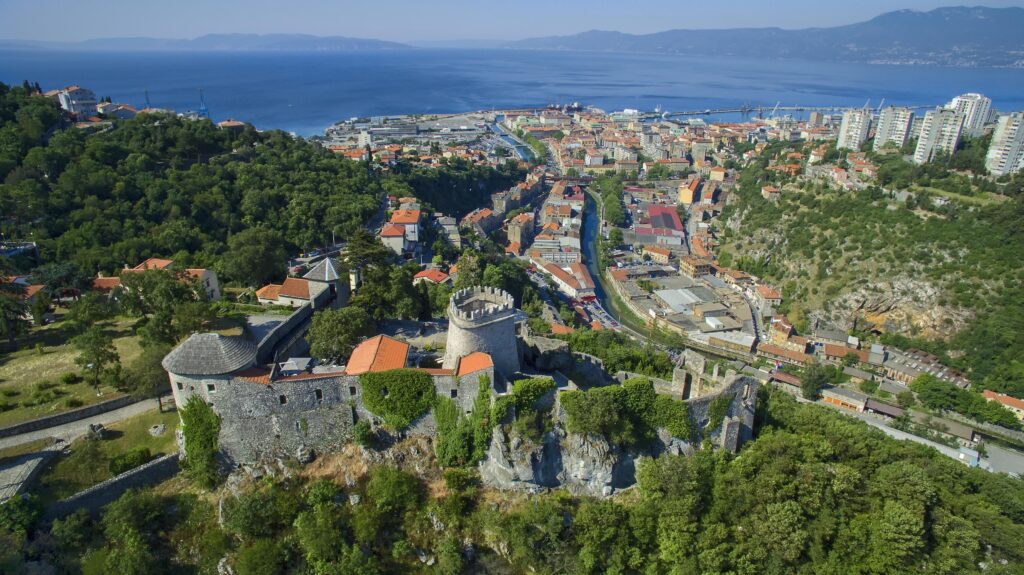CROATIA: 5 Strict new rules foreign workers MUST pass or be barred from the EU
Croatia introduces an ‘Iron Fist’ rulebook with 5 strict requirements for foreign workers: Max tenants, mandatory space, 30% rent cap, and a future language test. Understand the changes now!
For years, the expanding labour market in Croatia, a vital Schengen and EU member state, offered a relatively accessible path for third-country nationals, including those from Nigeria and across Africa and Asia.
Wakawaka Doctor reports that this access, however, often came with a hidden cost: exploitation. Workers were routinely crammed into unsafe, overcrowded, and substandard “worker quarters,” paying exorbitant rents for minimal space.
That era is officially over.
Croatia’s Ministry of the Interior has proposed a radical new rulebook, an Iron Fist approach, introducing the first comprehensive, legally binding standards for foreign workers’ accommodation.

The goal is better welfare, but the practical result is a massive increase in entry and residency requirements.
Here are the 5 Strict New Rules Croatia foreign workers must pass to work and reside in the country, or risk being barred from one of the emerging gateways to the EU
Croatia New Rules
- The ‘4-Worker’ Rule:
No more than four non-family foreign workers can live in one flat without the majority resident’s consent.
Regardless of apartment size, a strict cap of eight foreign workers per flat is imposed, with additional limits for standalone houses (e.g., 150 m² houses max 10 workers, 300 m² max 20 workers).

This ends overcrowded “worker quarters” and raises accommodation standards.
- Mandatory Space Standard:
Every Croatian foreign worker must have at least 14 square meters of living space, plus 6 square meters per additional person sharing a room.
Accommodation must have proper natural light, ventilation, artificial lighting, and essential kitchen equipment.
- Rent Cap:
Rent paid by foreign workers cannot exceed 30% of their salary, ensuring living improvements do not lead to financial hardship.
- Health and Entry Certifications:
Foreign workers must provide proof of vaccination and a valid health certificate upon entry into Croatia.
- Language Requirement:
Eventually, foreign workers will need to demonstrate A1-level Croatian language proficiency as part of integration efforts, marking a shift from purely economic to social inclusion policies.
These reforms protect against past exploitative conditions and set clearer standards for employers and accommodation providers.

However, they also raise entry and residency requirements, possibly increasing costs and selectivity in hiring.
These rules matter especially to Nigerian, Asian, and other third-country nationals who see Croatia as a gateway or as Wakawaka Doctor described it, ‘a stepping stone’ to the Schengen Area and EU labour markets.
The proposal is under public consultation until 21 December 2025 and will reshape the experience for foreign workers in Croatia significantly.







